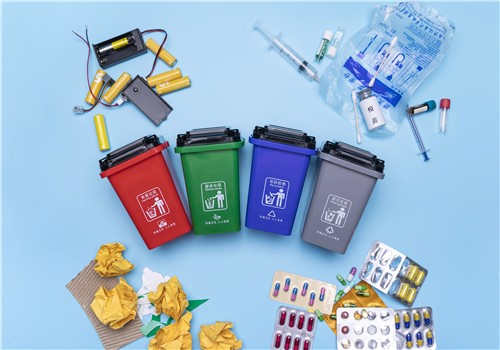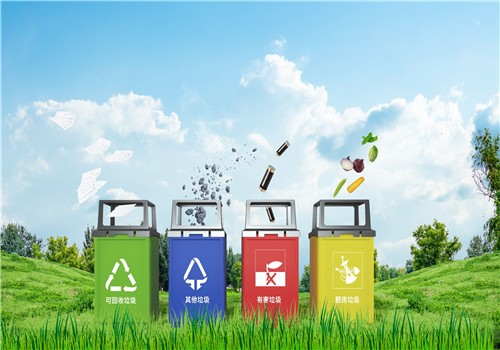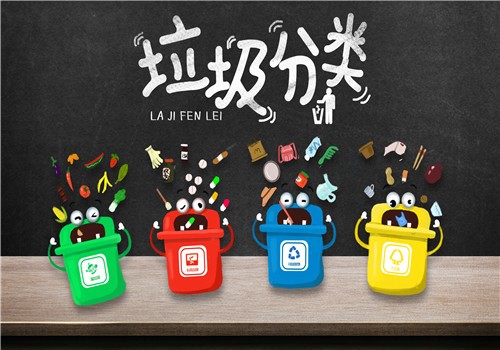2、 What are the benefits of garbage classification?
1. Reduce land occupation and improve land use efficiency. Some household waste contains harmful substances that are not easily degraded, causing serious damage to the land. If classification can remove recyclable materials and reduce the number of landfills by more than 60%.
2. Reduce waste pollution and protect the ecological environment. Currently, landfill is commonly used for garbage treatment in China, occupying a large amount of land area and causing uncomfortable phenomena such as increased mosquitoes, turbulent sewage flow, and unpleasant odors. In addition, waste plastic in the soil can lead to reduced crop production. If ingested by animals, it can harm their health or even lead to death, and can pollute water resources, which is also closely related to human health. Recycling can reduce such hazards.
3. Transforming waste into treasure and effectively utilizing resources. According to relevant data, China uses up to 4 billion plastic fast food boxes, 1 billion pairs of disposable chopsticks, and 500 to 700 million instant noodle bowls annually, accounting for about 15% of domestic waste. So, one ton of waste plastic can extract 600 kilograms of diesel. Recycling 1500 tons of waste paper can avoid logging 1200 tons of paper trees. After melting one ton of cans, they can form one ton of aluminum blocks, which can reduce the mining of mineral resources by 20 tons. 30% -40% of our household waste can be recycled and utilized reasonably, which is a resource with small profits.


